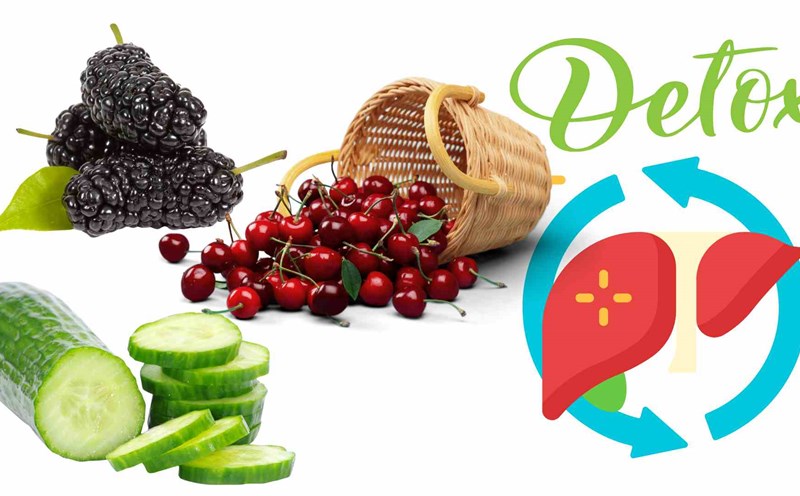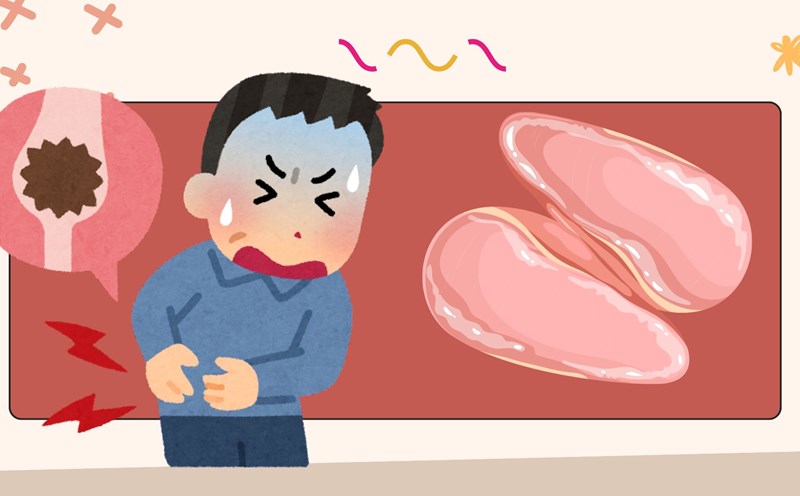Warm water: Drinking warm water in the fall not only helps keep the body warm but also helps the kidneys filter the blood and eliminate toxins.
The kidneys are organs that need enough water to maintain filter function. Drinking water regularly, especially warm water in the cold and dry season, helps reduce the risk of kidney stone formation and supports the urinary system.
A glass of warm water in the morning and scattered throughout the day is the simplest way to keep your kidneys healthy.
Green tea: A familiar drink to many families, especially in the cold autumn weather. The polyphenol ingredient in green tea has strong antioxidant properties, helping to reduce inflammation and prevent damage to small blood vessels in the kidneys.
According to research published in the Journal of Medicinal Food, drinking green tea regularly can improve kidney function indicators in people at high risk of chronic kidney disease.
However, experts recommend drinking diluted green tea, not too thick or drinking it on an empty stomach to avoid stomach irritation.
Apple juice: Apple is a popular fruit in the fall, containing a lot of vitamin C, soluble fiber and especially anti-inflammatory compounds. Dilute juice, low in sugar is a good choice for those who want to support their kidneys.
Doctor Mona Mashayekhi, an endocrinologist at Vanderbilt Medical Center (USA), shared on Healthline: Apples contain compounds that can help reduce the risk of kidney stones and provide anti-inflammatory effects.
A cup of unsweetened apple juice in the fall is an ideal drink for kidney health.
However, people with diabetes or weak kidneys should note to drink only a moderate amount and prioritize fresh apples to increase fiber intake.
Pumpkin or corn broth: Pumpkin and corn - two ingredients that can be processed into refreshing drinks.
young corn broth or diluted pumpkin stew contains a lot of potassium, B vitamins and antioxidants, helping the kidneys excrete excess substances and reduce the burden on the liver.
Pumpkin extract can improve oxidative stress in the kidneys, thereby supporting the prevention of complications of chronic kidney disease.










